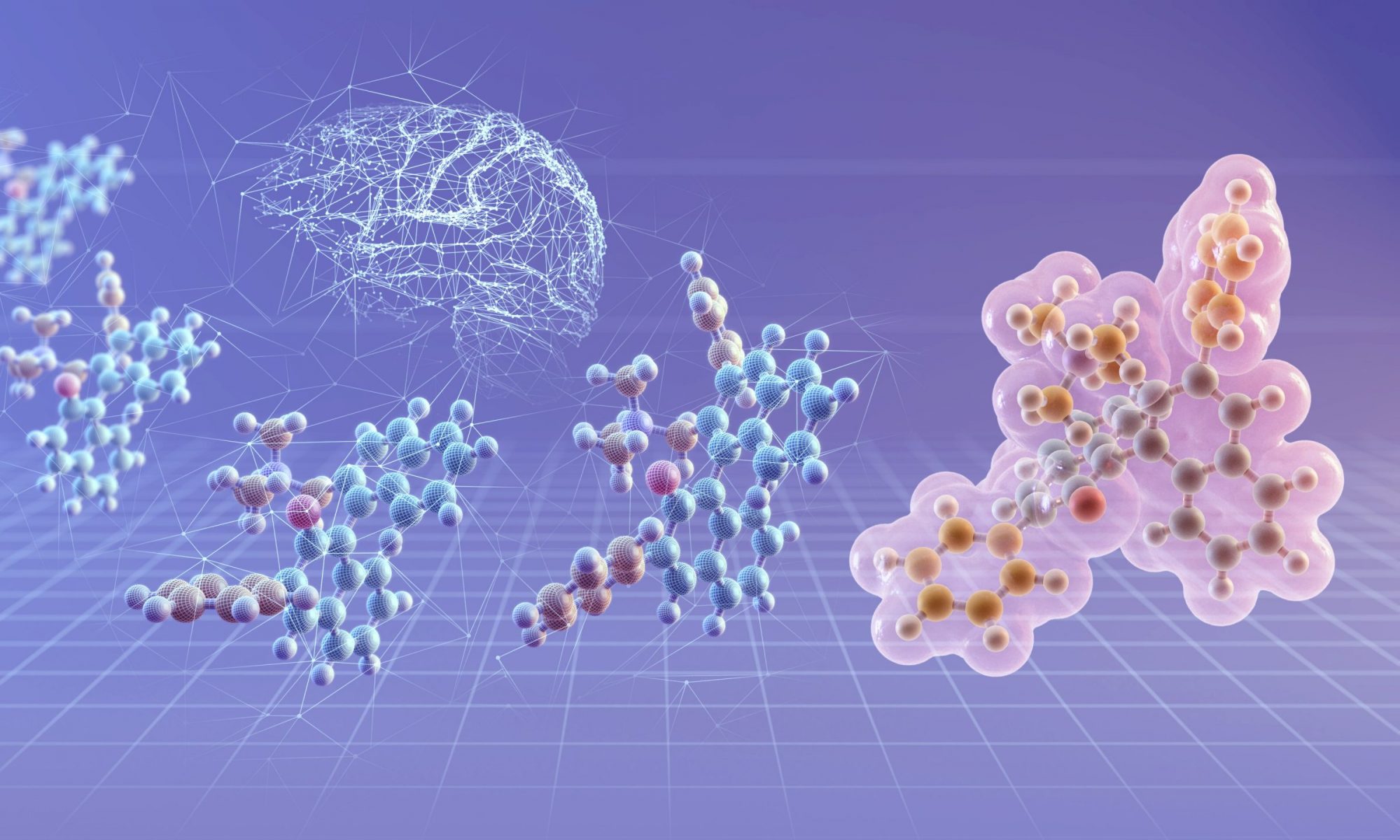Non-Covalent Interactions-Based Catalysis
Non-Covalent Interactions-Based Catalysis
Our research focuses on computational strategies for catalyst design, with a particular emphasis on asymmetric catalysis. While steric effects have traditionally been regarded as the primary factor in controlling enantioselectivity, recent studies highlight the critical role of non-covalent interactions (NCIs) in modulating selectivity when embedded within chiral scaffolds. Our work focuses on exploring halogen, chalcogen, and pnicogen interactions, in close collaboration with experimentalists, to develop new paradigms for achieving enhanced enantioselectivity.
Computational Strategies for Catalyst Design and Mechanistic Insights
Computational Strategies for Catalyst Design and Mechanistic Insights
Our research leverages computational methods to study and solve chemical challenges in silico before validating predictions experimentally. We focus on designing catalysts—particularly for organocatalysis—by integrating quantum mechanical (QM) calculations with machine learning (ML). This combined approach enables predictive design, incorporates non-covalent interactions (NCIs) into system descriptions, and provides mechanistic insights into complexation and reactivity. By merging theory with experimental validation, we aim to develop efficient, selective catalysts and uncover the principles driving catalytic processes.
Application of electronic structure theory to chemical reaction pathways and mechanisms
Application of electronic structure theory to chemical reaction pathways and mechanisms
We collaborate closely with experimentalists in a highly integrative approach, incorporating computational studies from the outset of each project. This iterative collaboration ensures continuous information exchange, allowing for real-time refinement of models and experimental strategies. Such synergy not only deepens our understanding of complex reactions but also enhances the predictive power of our simulations, driving the discovery of more effective and sustainable chemical solutions.

